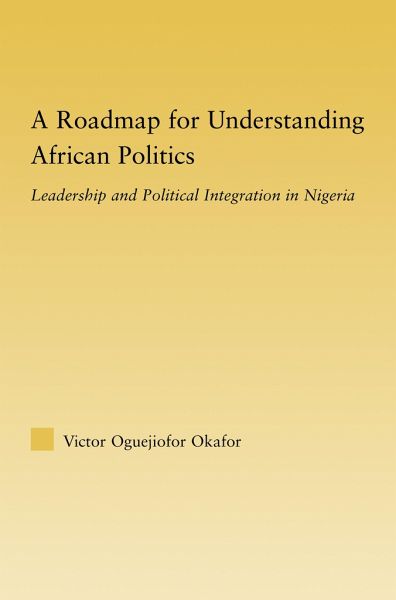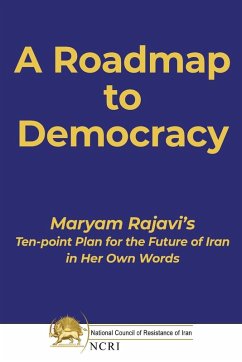
A Roadmap for Understanding African Politics
Leadership and Political Integration in Nigeria
Versandkostenfrei!
Versandfertig in 1-2 Wochen
121,99 €
inkl. MwSt.
Weitere Ausgaben:

PAYBACK Punkte
61 °P sammeln!
This book examines the impact of post-colonial leadership on political integration in Nigeria, offering an in-depth understanding of the historical and contemporary forces that shape Nigeria's national politics as well as African politics generally. Okafor discusses how Nigeria's pre-colonial and colonial political histories along with contemporary external forces like neo-colonialism, as well as internal social, economic and political structures and developments, have affected emerging post-independence politics in the country. The study climaxes with an Africa-centered theory of political a...
This book examines the impact of post-colonial leadership on political integration in Nigeria, offering an in-depth understanding of the historical and contemporary forces that shape Nigeria's national politics as well as African politics generally. Okafor discusses how Nigeria's pre-colonial and colonial political histories along with contemporary external forces like neo-colonialism, as well as internal social, economic and political structures and developments, have affected emerging post-independence politics in the country. The study climaxes with an Africa-centered theory of political and integrative leadership and then uses it as a prism for analyzing six Nigerian post-independence political leaderships, encompassing Nigeria's First and Second Republics, along with their military interregna. The concluding chapter includes a discussion of the implications of the study for leadership and political integration in Africa in general.














